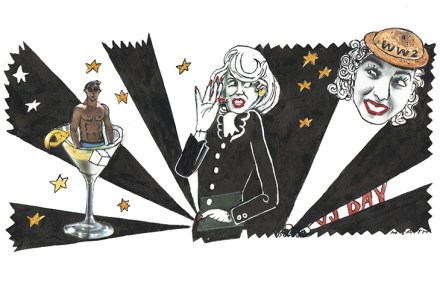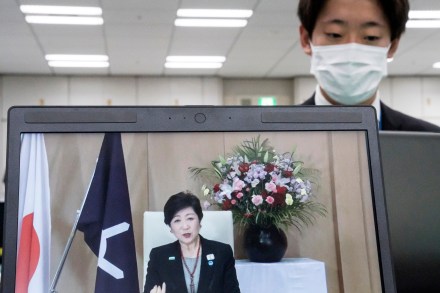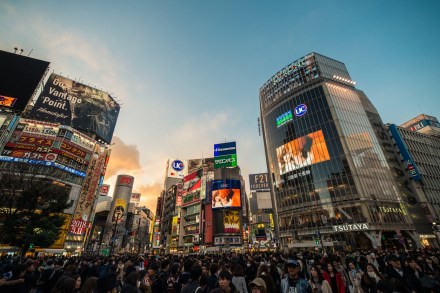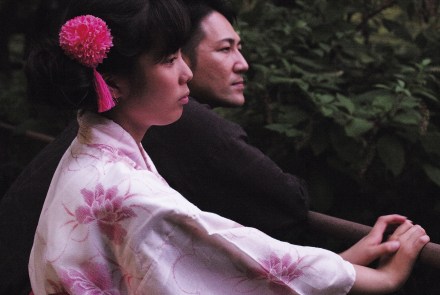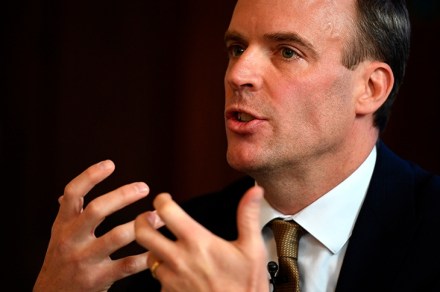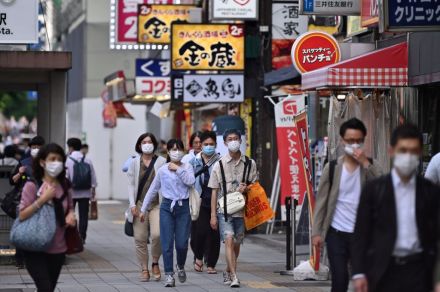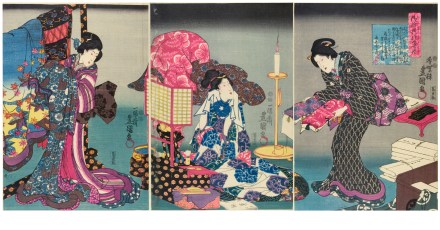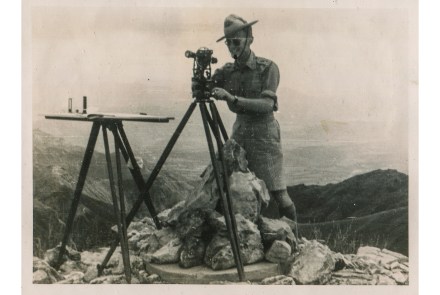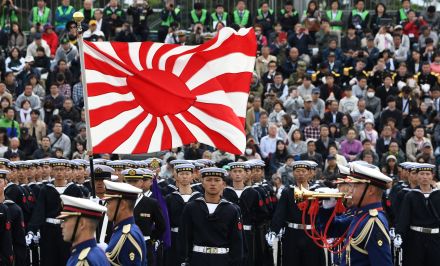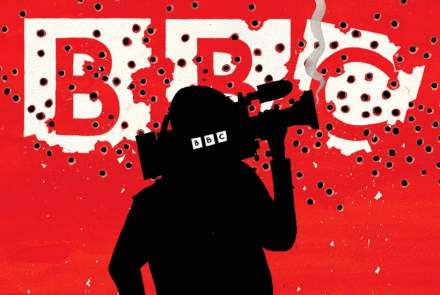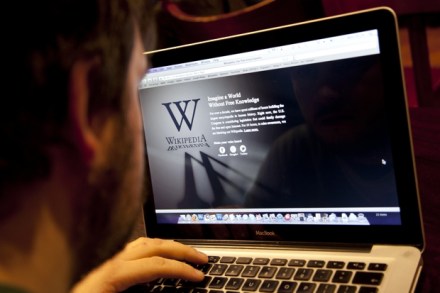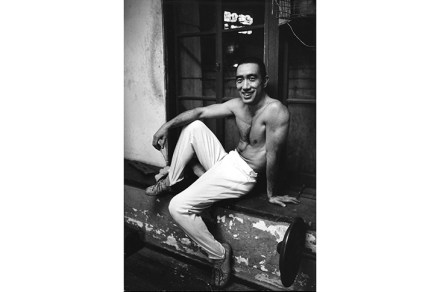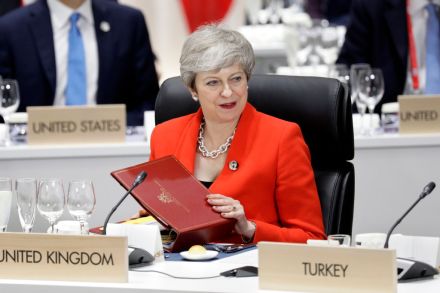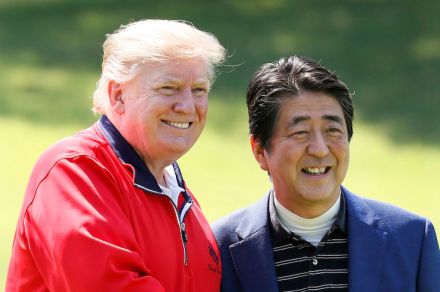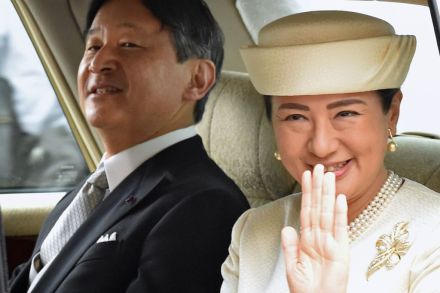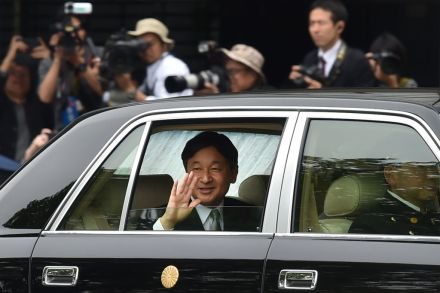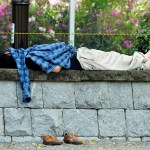The joy of eating birdseed
Rather like unpacking after a holiday, when you take unworn clothes from the case still neatly folded because the occasion to wear them didn’t arise, unshown film sequences from my travel programmes are carefully edited and stored. The cancellation of this year’s long trip along the Spice Route made us look at these stories again; with not much prompting we have made three whole programmes from them. In the few years since we made these series the world has changed. The champion wrestler in Mongolia, the softly spoken Mr Battulga, for example, has become president of that country. He told me of his plan to build an eco-city on the
